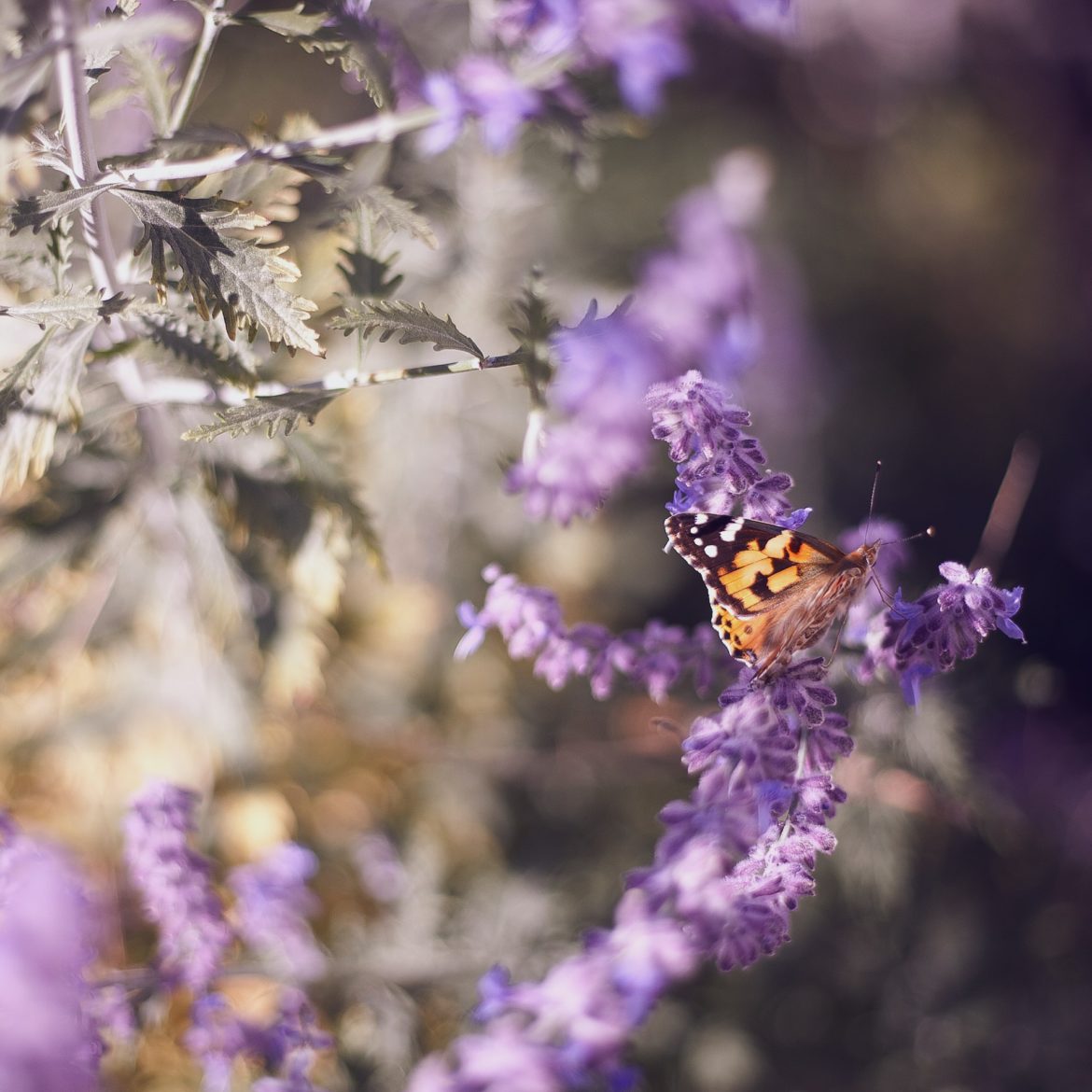Gardening is a completely new passion for me, resulting from moving to the countryside and owning quite a large plot of land (which I have never had in my adult life!). For some time I have been interested in biodynamic gardening or agriculture. As it perfectly fits into my beliefs about compatibility with the cycles of nature, or a holistic approach to life, I would like to briefly present to you what it is and why it's so interesting. I'm also considering documenting the process of creating my own biodynamic garden somewhere on a separate blog or Instagram, but we'll see if anything grows out of it. 🤔
The creator of this approach to plant cultivation is considered to be the philosopher and visionary Rudolf Steiner, who is also the creator of the so-called anthroposophy. Anthroposophy, in a nutshell, is "knowledge about a cosmic man", i.e. not only material but also mystical - it aims to combine scientific and spiritual knowledge into one, which not coincidentally fits very well with everything I write about here on the blog. 😉 The biodynamic method gained quite a lot of popularity in Poland, perhaps because Steiner gave his first lectures on the "Spiritual foundations of agricultural renewal" in 1924 in Kobierzyce near Wrocław. After Steiner's death, the method was expanded by Maria Thun, who developed, among other things, a system of operation in accordance with the phases of the moon.
Biodynamic gardening assumes special care for the soil in which our plants live (as well as bacteria that live within it!). Only natural pathogenic and herbicidal preparations are used, as well as preparations supplementing minerals. Plants are often grown in the company of others that have a favourable effect on them. We also create a natural environment for various kinds of animals, which in exchange for shelter will protect our crops from pests. In a sense, a biodynamic garden should act like a forest – take care of itself and function like an efficient ecosystem.
Creating such a garden requires a lot of preparation and planning at the beginning, but the results of this work - ripe vegetables, fruits or eye-pleasing (and bee-pleasing!) flowers, and above all an environment in which nothing has been done by force, but which we only lightly support and with which we cooperate, instead of exploiting or cramming into narrow moulds of expectations, as unfortunately is often the case in agriculture and horticulture these days. The key here is knowing that everything we do with or add to the soil is of great importance to the health of the entire system, including us - so there is no room for anything that disturbs the harmony. Some people even use the "no dig" method, leaving the deeper layers of soil intact and only adding manure or compost to the surface.
As a result of growing plants in accordance with the phases of the moon and the movements of the planets, we learn what our ancestors used on a daily basis - that is, synchronization with the cycles of Nature. Thanks to this, we add a new dimension to our work in the garden, and our crops will certainly speak for themselves - the increased effectiveness of e.g. sowing around the full moon has been reportedly scientifically documented. 🤓
Where to start? From what I learned, the basis will be your own compost, seasoned cattle manure if you can find some, rainwater, biodynamic calendar and of course a good plan. If you already have a garden, you may need to replace the previously used chemicals with biodynamic preparations - which you can buy (e.g. here) but also make yourself. Biodynamic seeds will be best, as "standard" grown ones may be dependent on plant protection products and perform less well in a biodynamic garden (at least initially) - but why not treat them like a shelter pet and give them the new home they always needed?

